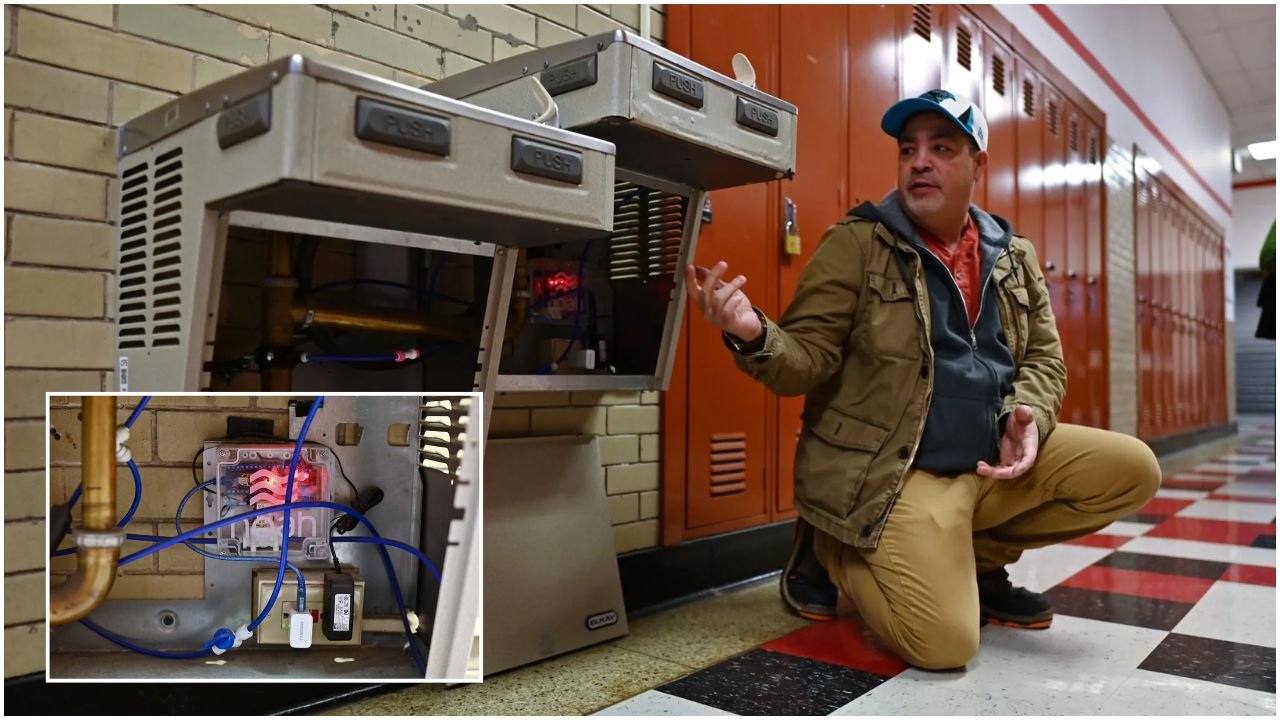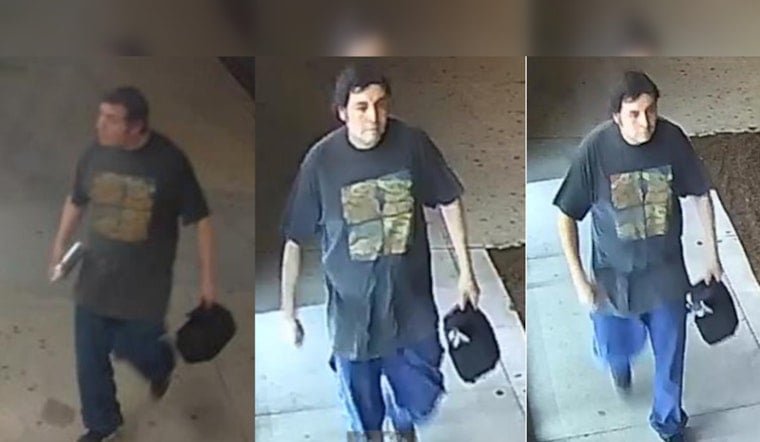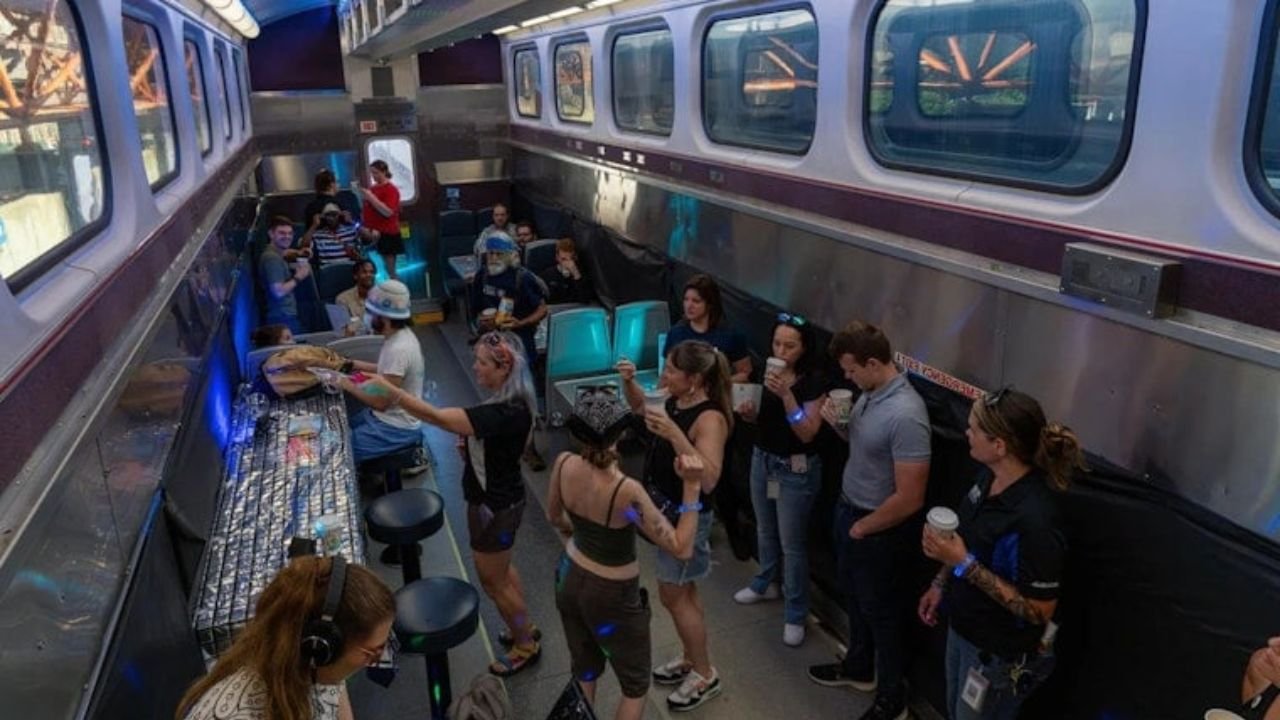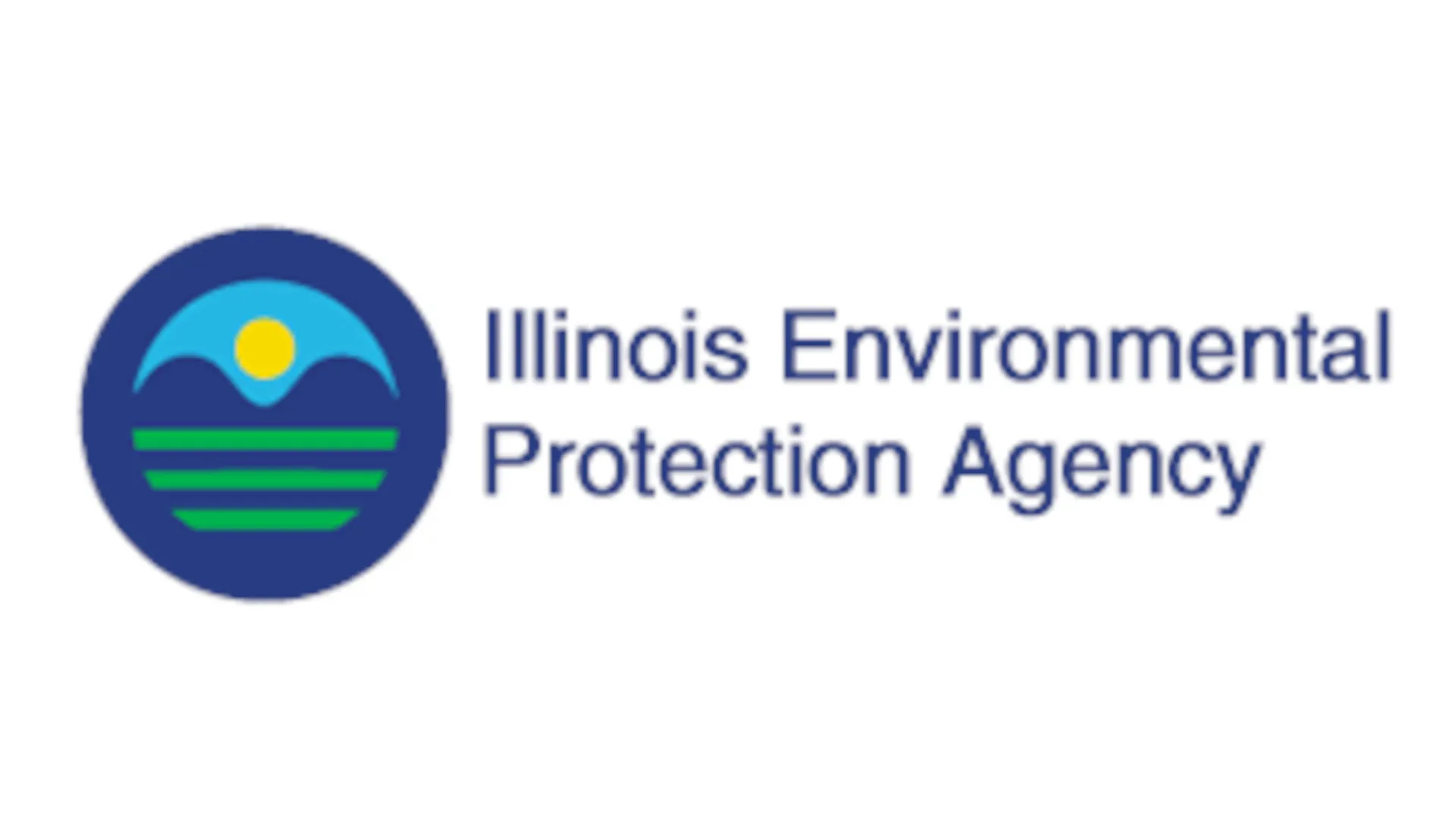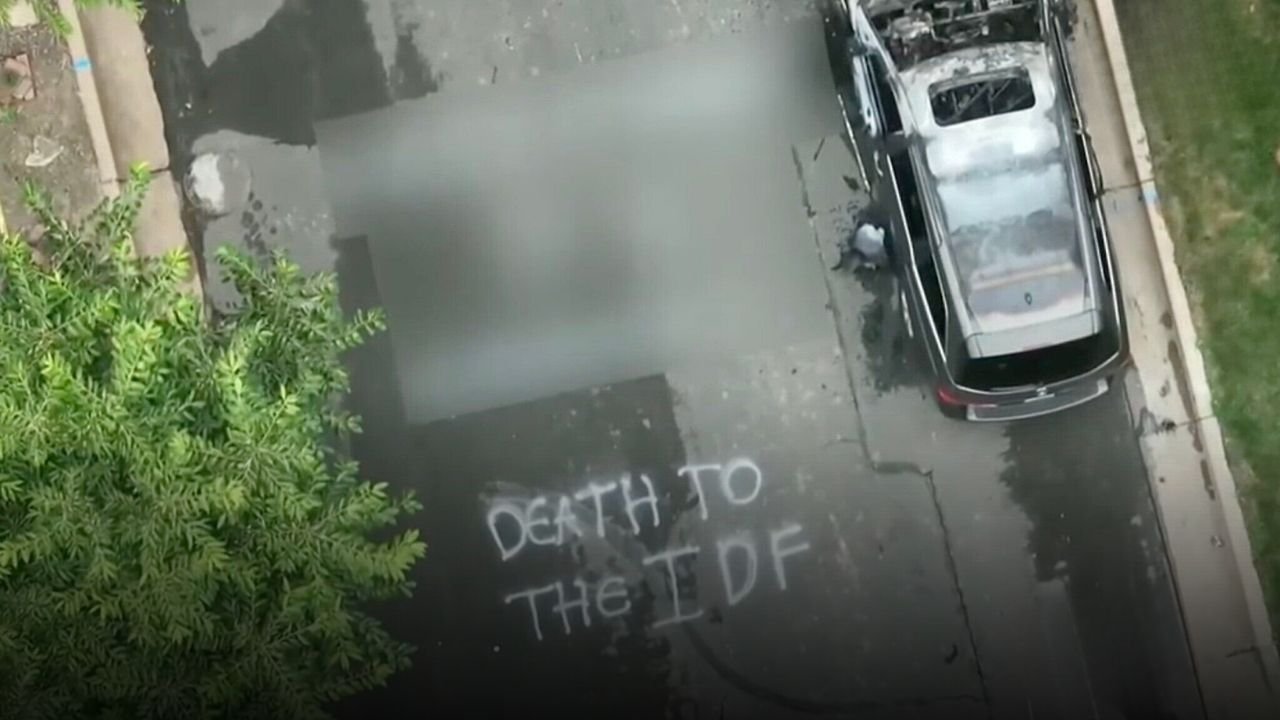CHICAGO — A top Chicago Public Schools (CPS) official has been publicly praised for championing an invention aimed at reducing lead in student drinking water. But what CPS didn’t disclose until recently is that the same official is listed as a co-inventor on the device’s patent, raising conflict of interest concerns.
The device, known as Noah, is a small automatic flushing system designed to reduce stagnant water in school fountains—where dangerous lead levels often accumulate. CPS’s Robert Christlieb, executive director of facilities, operations, and maintenance, has repeatedly promoted Noah as a low-cost solution to Chicago’s aging infrastructure. He credited building engineer Michael Ramos as the sole inventor. However, U.S. patent records reveal Christlieb is listed as a co-inventor alongside Ramos.
Lead in CPS Schools: The Backdrop
The problem of lead contamination in drinking water became urgent following the Flint, Michigan crisis. In 2016, CPS began a 10-year testing initiative. During the first year:
-
60% of CPS schools tested showed at least one water sample above the state’s lead action level (5 ppb).
-
By 2023, 53% of schools still showed problematic lead levels.
Lead exposure in children can cause permanent cognitive and physical damage. But fully replacing old lead pipes across the district would cost up to $2.5 billion, making affordable solutions like autoflushing systems more appealing.

What Is the Noah Device?
The Noah device automatically flushes fountains at regular intervals, reducing the need for manual flushing by engineers. While experts caution that flushing alone can’t guarantee water safety, devices like Noah alleviate workload, especially in schools with limited staff.
Christlieb has promoted Noah in:
-
News articles and panel discussions
-
Podcasts and seminars, including Chicago Water Week
-
Official CPS presentations
The device currently operates in just five CPS schools: Von Steuben High School, Orr High School, Belding Elementary, Onahan Elementary, and Kelvyn Park High School.
Conflict of Interest: The Business Connection
What CPS didn’t initially disclose:
-
Christlieb co-holds the patent for Noah, granted in 2021.
-
He and Ramos once jointly formed a company, RCS Water Quality Solutions, to sell the device.
-
CPS instructed Christlieb to divest or leave the district in 2017. That same day, he helped Ramos form Lead Out Manufacturing, the company now associated with the product.
While Christlieb and CPS claim he didn’t profit from the invention and no CPS funds were paid to Lead Out, CPS contractors were hired to install Noah devices, some of which were donated or purchased by school councils.
Documents also show:
-
CPS water testing data was used to support Noah’s patent and promotion.
-
Christlieb used CPS email and data to promote Noah to other districts—including Philadelphia and Houston.
-
He continued using his CPS title in Noah promotional events as recently as 2024.

Disputed Inventorship and Ethics Concerns
Despite public statements crediting Ramos alone, Christlieb signed patent paperwork and reportedly contributed legal costs. However, the two men gave conflicting accounts:
-
Ramos said he added Christlieb to the patent “as a sign of good faith.”
-
Christlieb claimed he contributed design sketches but offered no technical documentation.
-
CPS provided incomplete filings to show he had no active role in Lead Out, despite it listing his Wisconsin residence as its address.
Critics say this murky arrangement undermines public trust and raises questions about how CPS manages conflicts of interest. Although both men were interviewed by the CPS Inspector General and faced no disciplinary action, watchdogs and transparency advocates are urging stronger oversight.
Broader Implications for CPS and Public Schools
This case illustrates larger systemic issues:
| Concern | Description |
|---|---|
| Transparency in Procurement | Lack of clear disclosures on patent ownership and vendor ties |
| Use of Public Resources | CPS staff and data used to support a private patent |
| Equity in Public Health | Slow pace of lead mitigation in underserved schools |
| Ethics Oversight | Inadequate enforcement of internal conflict-of-interest policies |
The situation also reflects the broader tension in public education between innovation and accountability. When district leaders are involved in product development, clear rules are critical to ensure students’ health needs aren’t overshadowed by personal gain.

Public Response and Accountability
CPS’s response has been to downplay the issue:
“Mr. Christlieb helped develop a product that helps remove lead from drinking water,” CPS said in a statement. “The invention’s use in a small fraction of the 600-plus schools has no impact on the integrity of our lead mitigation program.”
However, documents show:
-
Christlieb promoted the device for at least 7 years.
-
CPS spent millions on manual flushing and lead testing — yet Noah is installed in less than 1% of schools.
-
Public faith in the program’s integrity is now in question.
Lead mitigation remains a pressing issue, particularly in communities already burdened by environmental injustice.

How You Can Track Water Safety at Your School
Parents and educators can take steps to monitor water safety and advocate for greater transparency:
-
Use CPS lead testing results, available via Chicago Public Schools Lead Testing
-
Learn more about school infrastructure through the Illinois Answers Project
-
Request public data using the Freedom of Information Act (FOIA)
-
Support watchdog groups like the Better Government Association and Center for Tax and Budget Accountability
Final Thought
Innovation in public health is critical — but must be accompanied by rigorous ethics, especially in public schools. As CPS works to address lead exposure, families deserve transparency, accountability, and confidence that decisions are made in the best interest of students, not side ventures.
Have you noticed questionable school practices around infrastructure or safety? We want to hear from you. Share your story at ChicagoSuburbanFamily.com and explore more investigations that matter to Illinois families.

